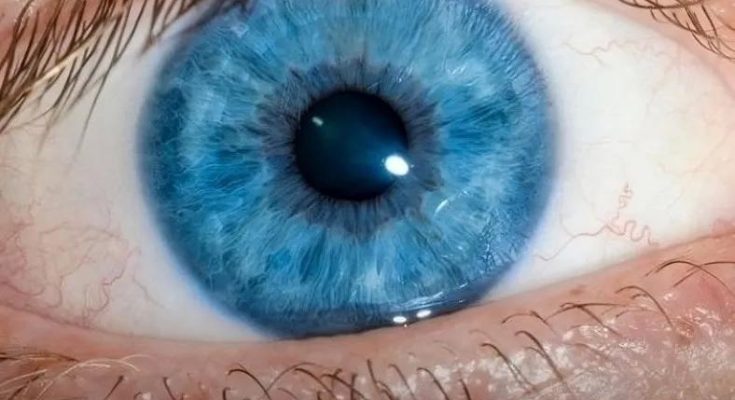Everyone in the world with blue eyes can actually trace their lineage back to one person who lived thousands of years ago.
If you go back far enough up your family tree, you’ll probably find out that you’re related to some pretty interesting people.
Unless your entire family has spent all of eternity living in a cave far removed from civilization, then there’s a pretty good chance that at some point at least one of your ancestors was important enough to have their own Wikipedia article.
No matter who you’re related to, it’s still you that makes you unique but there’s still traits you’ll have in common with plenty of people around the world.
Some people are able to find pretty much exact copies of themselves by just wandering around in the big wide world, but for most, it’s more just a similarity of characteristic.
.webp)
Pexels
Take eye colour for example, there’s a bit of an urban myth going around that when a baby is born they’re always blue-eyed.
It’s simply not true, though it is true that the eye colour a baby is born with isn’t always the one they’ll have as they grow up.
However, everyone who keeps their blue eyes shares a common ancestor who lived between 6,000 and 10,000 years ago.
That’s a pretty wide window of time to try and pin down one life but, thanks to researchers, it’s been worked out that this one person is the common ancestor of millions of people around the world.
And here’s the science-y bit, in our eyes there’s something called the OCA2 gene, which determines the level of brown pigment in them.
Blue-eyed people have a gene called HERC2 which shuts off the OCA2 and results in a person developing blue eyes.
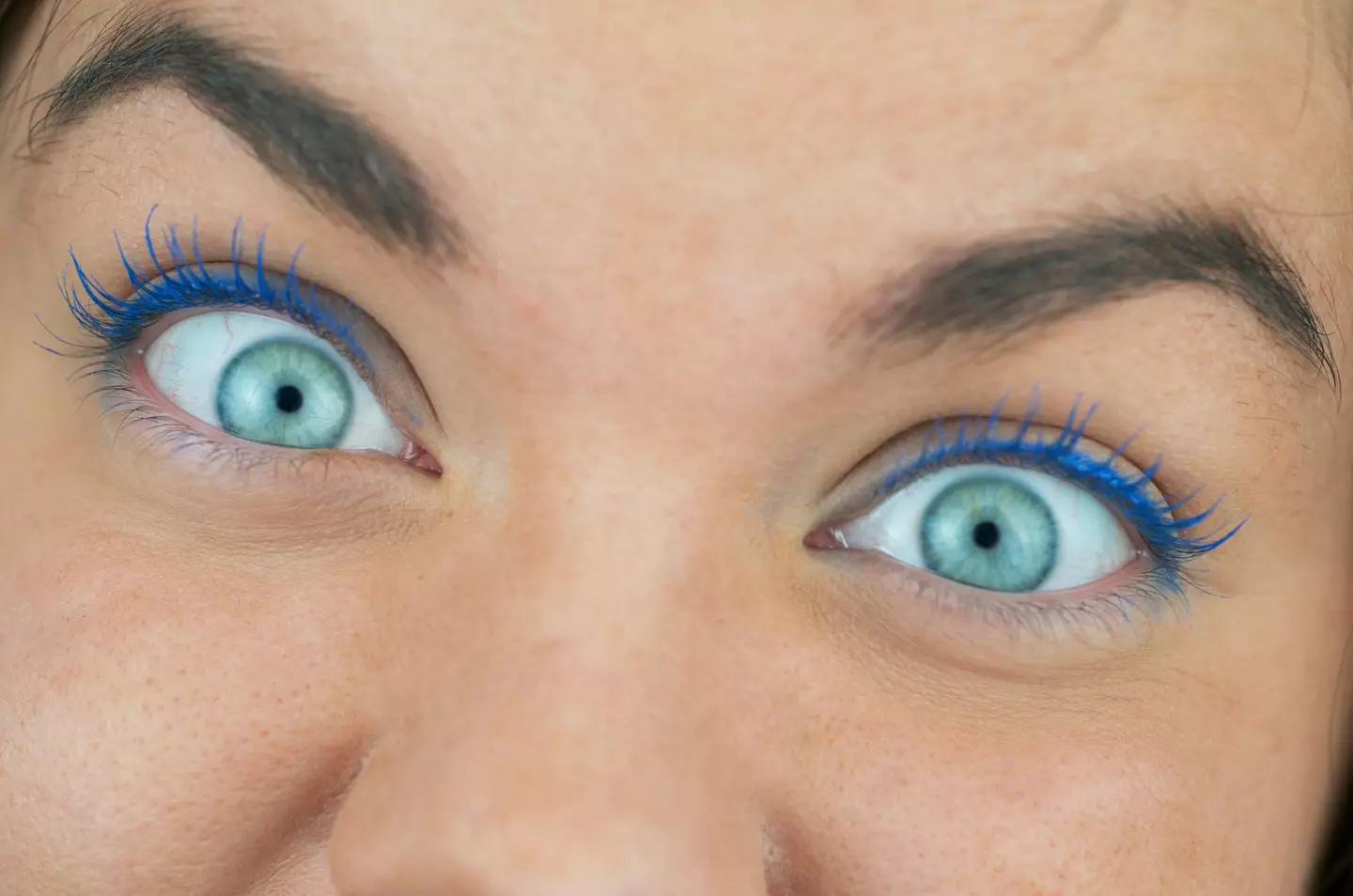
Linda Parton / Alamy Stock Photo
Every blue-eyed person in the world has the HERC2 gene, with this exact same mutation being passed down through generations and scientists have concluded that it all came from one original person.
The work was done by a team of researchers from the University of Copenhagen, which identified the initial mutation and realised that it was present in everyone with blue eyes.
So if you’ve got blue-eyes and know someone else who does, you now know that if you go far back enough you’re actually family, though the same could be said for any number of strangers you pass on the street.
Since this common ancestor lived several thousand years ago, it’s also probably safe to summarise that you are distantly related enough not to feel obliged to stick between eight and 10 percent of the world’s population on the Christmas card list.
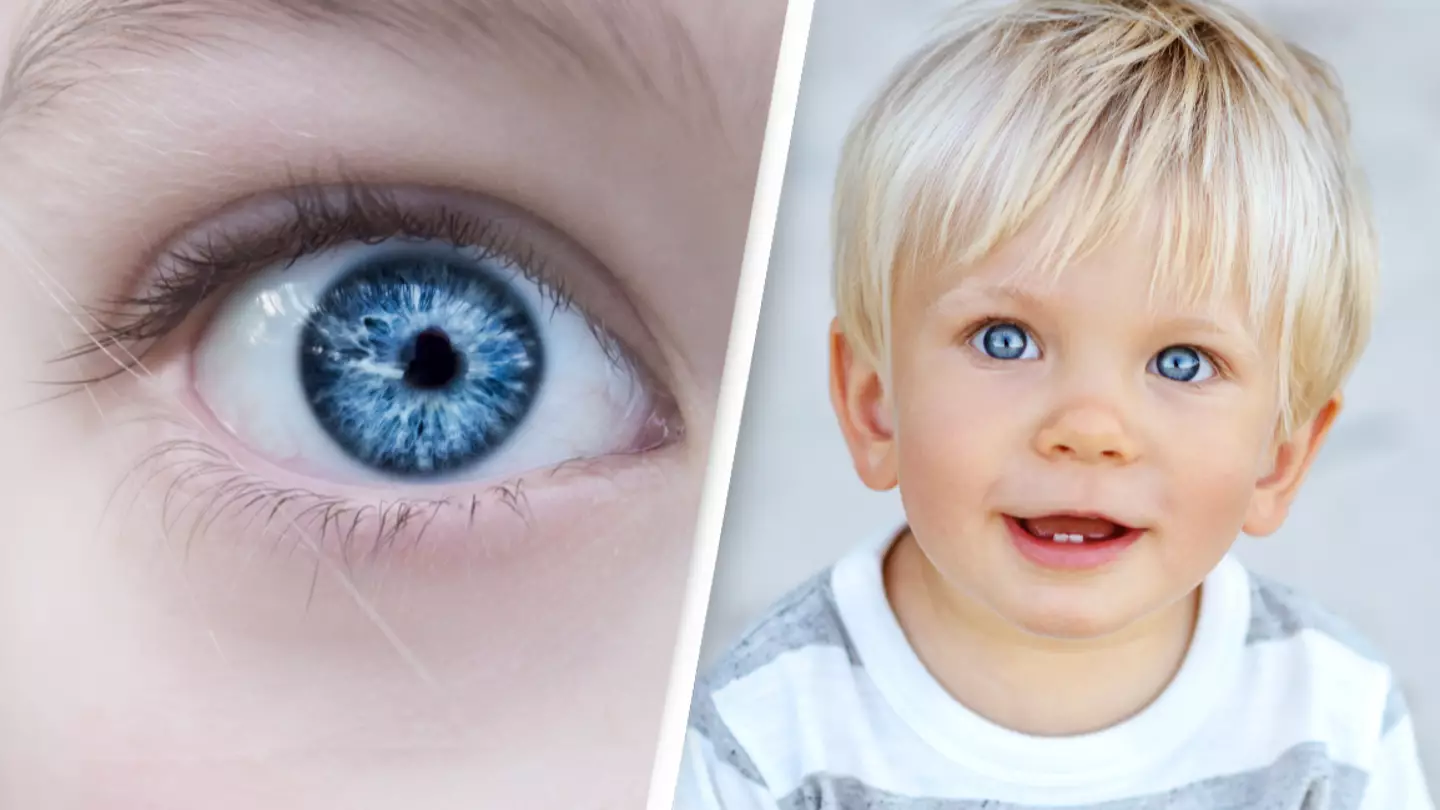
Whether you have blue eyes yourself or just know someone who has them, you can guarantee the trait comes from one person in particular.
That’s because every single one of the 7.8 billion people on this planet who has blue eyes is a descendant of this same person.
It’s an icky thought if you and the person you’re in a relationship with both happen to have blue eyes, but I’m afraid it’s just something you’ll have to accept.
The good news is, it’s not anyone as close as your mom or grandma that you have to blame for this relation.
If you do have that relation in common, that’s another issue altogether.
The common ancestor actually lived between 6,000 and 10,000 years ago – meaning we’ve gone through a fair few generations since then.
Researchers have explained that there’s something called the OCA2 gene in our eyes which determines the level of brown pigment in them.
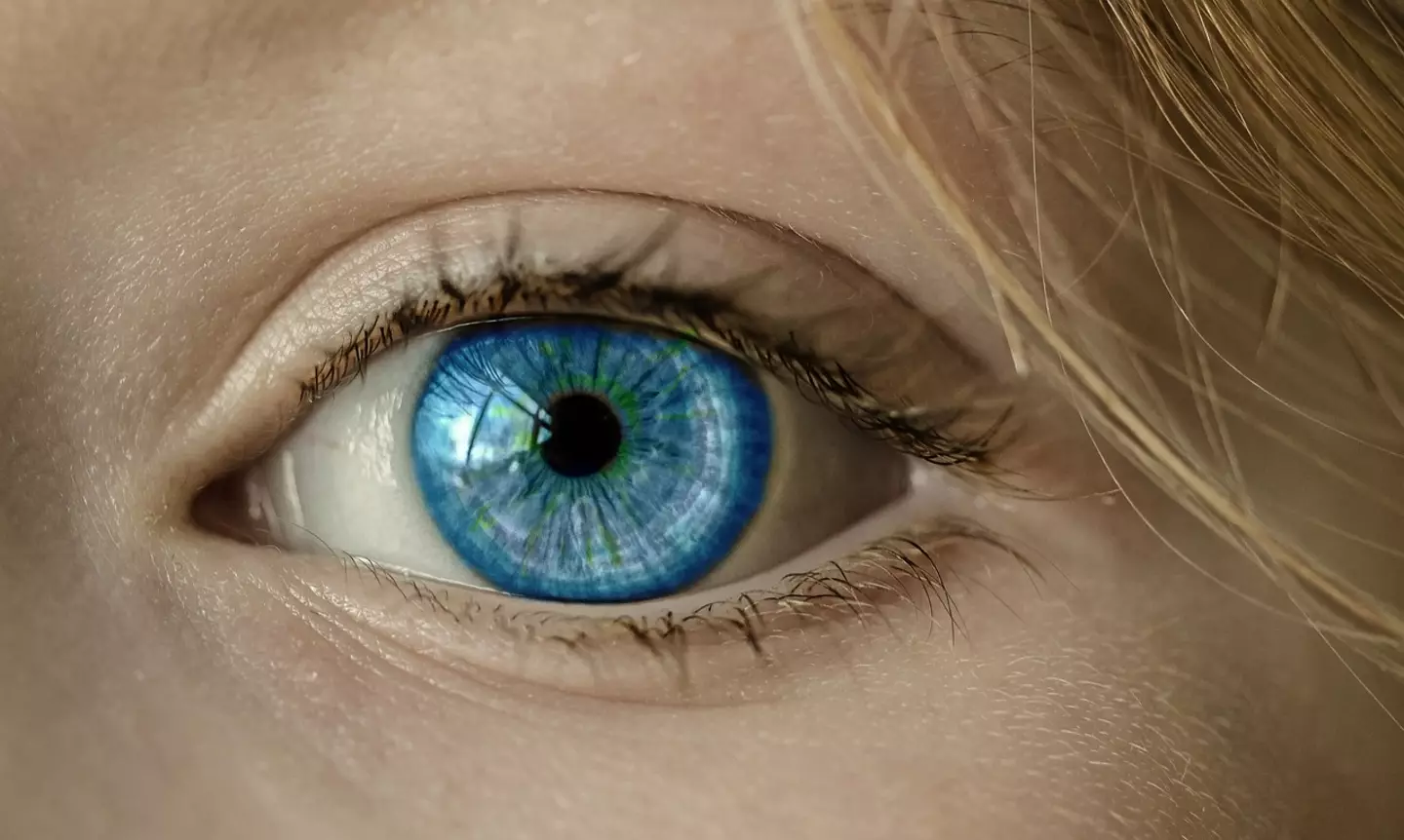
Pixabay
However, people who have blue eyes have a gene called HERC2, which limits the OCA2, resulting in the development of blue eyes.
While the gene doesn’t ‘switch off’ the OCA2 entirely, it reduces the production of melanin in the iris and effectively ‘dilutes’ brown eyes to blue.
So, since every blue-eyed person in the world has the HERC2 gene, with this exact same mutation being passed down through generations, scientists have concluded that it all came from one original person.
The work was done by a team of researchers from the University of Copenhagen, who identified the initial mutation and realised that it was present in everyone with blue eyes.
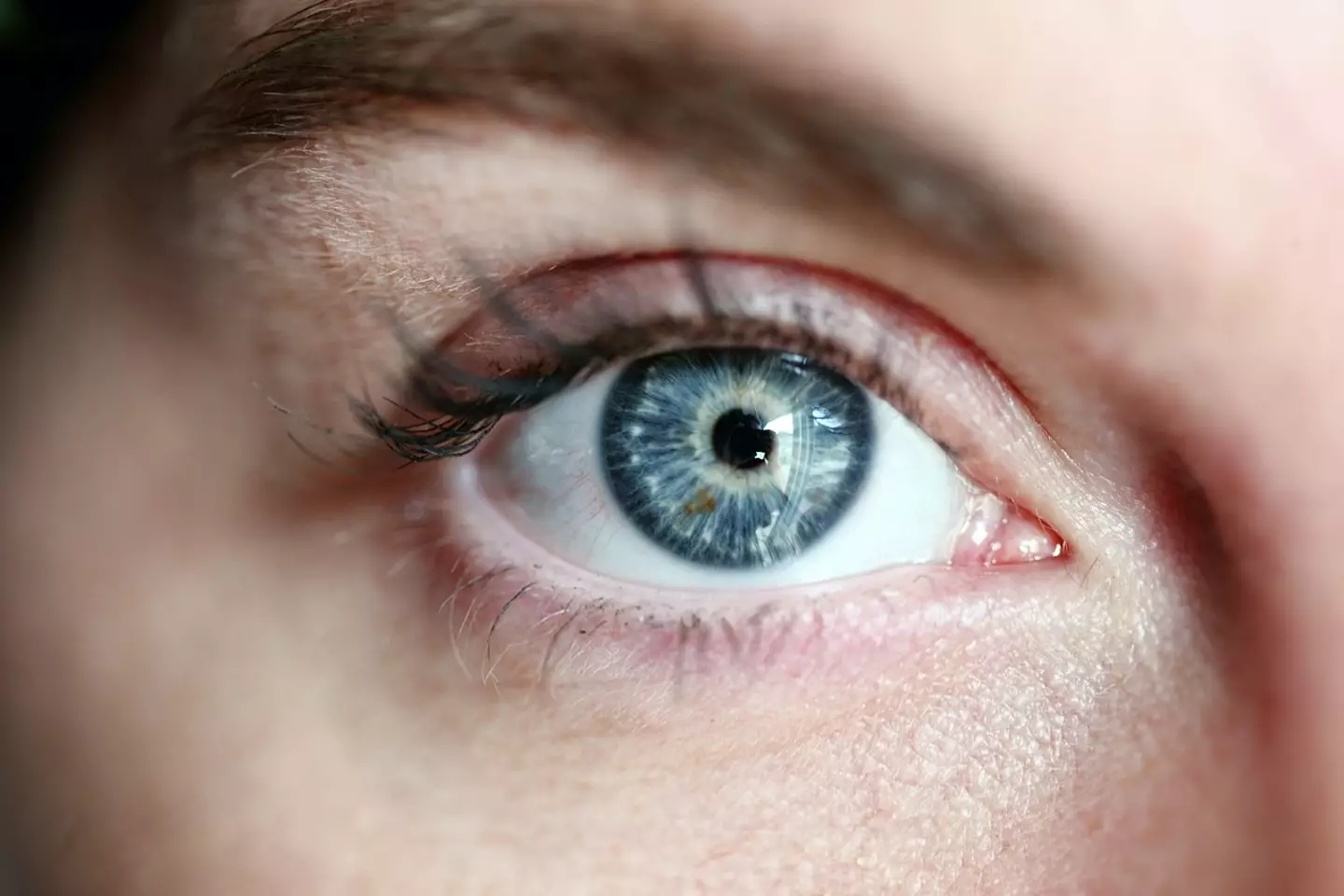
Pixabay
The team studied mitochondrial DNA and compared the eye colour of blue-eyed individuals in a range of countries, including Jordan, Denmark and Turkey.
Professor Hans Eiberg, from the Department of Cellular and Molecular Medicine, explained: “Originally, we all had brown eyes. But a genetic mutation affecting the OCA2 gene in our chromosomes resulted in the creation of a ‘switch’, which literally ‘turned off’ the ability to produce brown eyes.”
“They have all inherited the same switch at exactly the same spot in their DNA,” he added.
Sharing his thoughts on whether the change is a positive or negative mutation, Eiberg assured that it actually isn’t either.
He said: “It simply shows that nature is constantly shuffling the human genome, creating a genetic cocktail of human chromosomes and trying out different changes as it does so.”
